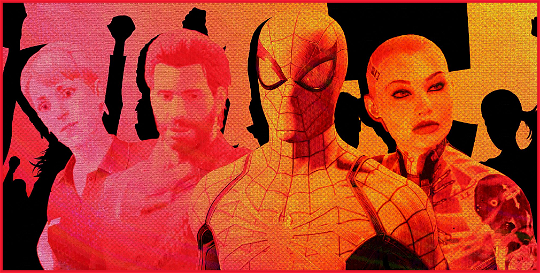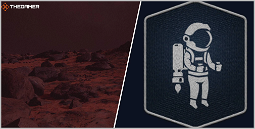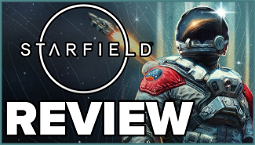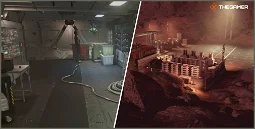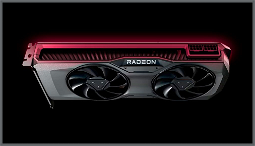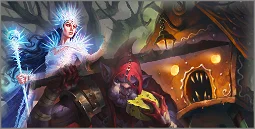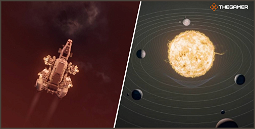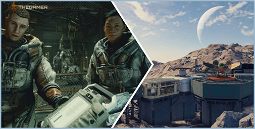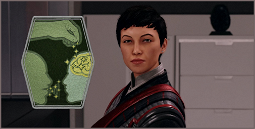Gaming actors report that fan support has grown as the strike against AI-generated voice acting continues. Gaming voice actors including Yuri Lowenthal, Cissy Jones, Erica Lindbeck, and more launched the AI strike in an effort to combat the use of AI in acting and protect their jobs. Despite the strikes preventing actors from promoting their work, video game actors say fans have largely remained supportive.
Gaming actors report that even as the strike against AI in acting continues, fans have shown agreement with the actors’ concerns and have largely refrained from using voices and likenesses without permission. Gaming voice actors say that despite pushback from some companies, the support of fans has been huge, helping to bolster the strike.
Yuri Lowenthal: Fan Support Has Been Tremendous
“The support has been tremendous,” video game voice actor Yuri Lowenthal tells PC Game Spotlight. “I’ve had a lot of people tell me that they’re going to be more careful about how they use our voices. They understand where we’re coming from, and I think that’s been the most important thing, that it’s not an attack on fans but a message to the industry that we need to have our voices heard.”
Lowenthal says that while some actors have faced doxing and pushback for being anti-AI voice work, the overall response from fans has been positive. “It’s not a matter of saying, ‘You can’t say anything negative,’ but we do have to be able to say we’re allowed to have our own opinions,” Lowenthal says.
Cissy Jones: The Issue Is About Consent
Actress Cissy Jones, who has appeared in games such as The Sims and Red Dead Redemption 2, says that the strikes have been about more than just AI. She says that the issue is about “appropriation of identity” and emphasizes the importance of consent in the acting profession.
“It’s not just about AI, it’s about how we’re being treated in general,” Jones says. “We’re being kept out of the loop on a lot of things, and when we ask for clarity, we’re being told to just take the jobs.” Jones says that she has seen cases of actors being fired over their stance on AI, a practice she says leads to a “culture of fear” among actors.
While some actors have faced backlash for their stance, other actors have been criticized for not supporting the strike enough. The most prominent example would be Stephen Amell, who is known for playing Oliver Queen in the Arrow series. Amell posted a tweet saying that he thought the strike was “entirely unnecessary” and was “unnecessarily punishing the fans.”
Amell faced intense backlash, with social media users saying they would not watch his Arrow sequel because of his comments. He later walked back his comments, saying that he had misunderstood and that the strike was about “protecting the livelihoods and quality of life of voiceover performers.”
Another actor, Robert Beltran, who played Chakotay on Star Trek: Voyager, faced intense backlash after he posted a video of himself breaking strike rules at a convention. The strike prohibits actors from working on projects that use AI. Beltran later removed the video and wrote an apology.
Despite the strikes preventing actors from promoting their work in the industry, gaming actors say that even as the strike continues, fans have largely supported the cause. “We’ve seen an outpouring of support from fans, and that’s been really heartening,” actor Cissy Jones says. “People are still interested in hearing about the work we’ve done and how we got started.”
The support from fans comes as gaming companies continue to voice concern about the strike. Some companies, such as Bioware, have said that AI can be a way to allow actors to participate in more projects. Yet, actors say that their concerns are not about the technology itself, but about consent and the future of their jobs.
Despite the ongoing strikes, some projects are still being delayed or released with minimal participation from actors and writers. The creators of Star Trek: Horizon announced that they would be releasing the game without the participation of the actors who had played the game’s main characters.
Actors remain hopeful that the fan support will continue in the fight against AI in acting. “It’s not a matter of saying, ‘You can’t say anything negative,’ but we do have to be able to say we’re allowed to have our own opinions,” Yuri Lowenthal says. “And I think the public is beginning to understand that.”
The AI strike has been ongoing for months, with projects being delayed or released with minimal participation from actors and writers. The creators of Star Trek: Horizon announced that they would be releasing the game without the participation of the actors who had played the game’s main characters.
Actress Cissy Jones, who has appeared in games such as The Sims and Red Dead Redemption 2, says that the strikes have been about more than just AI. She says that the issue is about “appropriation of identity” and emphasizes the importance of consent in the acting profession.
“It’s not just about AI, it’s about how we’re being treated in general,” Jones says. “We’re being kept out of the loop on a lot of things, and when we ask for clarity, we’re being told to just take the jobs.” Jones says that she has seen cases of actors being fired over their stance on AI, a practice she says leads to a “culture of fear” among actors.
While some actors have faced backlash for their stance, other actors have been criticized for not supporting the strike enough. The most prominent example would be Stephen Amell, who is known for playing Oliver Queen in the Arrow series. Amell posted a tweet saying that he thought the strike was “entirely unnecessary” and was “unnecessarily punishing the fans.”
Amell faced intense backlash, with social media users saying they would not watch his Arrow sequel because of his comments. He later walked back his comments, saying that he had misunderstood and that the strike was about “protecting the livelihoods and quality of life of voiceover performers.”
Another actor, Robert Beltran, who played Chakotay on Star Trek: Voyager, faced intense backlash after he posted a video of himself breaking strike rules at a convention. The strike prohibits actors from working on projects that use AI. Beltran later removed the video and wrote an apology.
Despite the strikes preventing actors from promoting their work in the industry, gaming actors say that even as the strike continues, fans have largely remained supportive. “We’ve seen an outpouring of support from fans, and that’s been really heartening,” actor Cissy Jones says. “People are still interested in hearing about the work we’ve done and how we got started.”
The support from fans comes as gaming companies continue to voice concern about the strike. Some companies, such as Bioware, have said that AI can be a way to allow actors to participate in more projects. Yet, actors say that their concerns are not about the technology itself, but about consent and the future of their jobs.
Despite the ongoing strikes, some projects are still being delayed or released with minimal participation from actors and writers. The creators of Star Trek: Horizon announced that they would be releasing the game without the participation of the actors who had played the game’s main characters.
Actors remain hopeful that the fan support will continue in the fight against AI in acting. “It’s not a matter of saying, ‘You can’t say anything negative,’ but we do have to be able to say we’re allowed to have our own opinions,” Yuri Lowenthal says. “And I think the public is beginning to understand that.”
